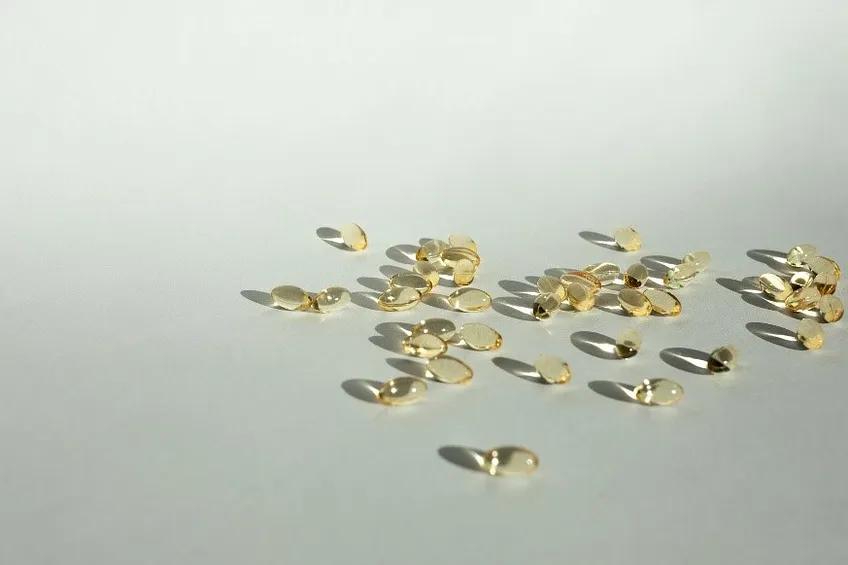
Originally published via Armageddon Prose:
Based on recommendations from you, brilliant Armageddon Prose readership, and a dose of research, I have added the following to my stack in the last few weeks.
Related: The Essential Nootropics Stack
· Alpha-GPC. This is the broken-down, bioactive version of choline (L-alpha-glycerylphosphorylcholine), but any high-quality choline supplement will do.
· Nattokinase. Among other benefits, nattokinase prevents blood clots (so if you got duped into a bit of the jibby-jab, which I did not and never will, it’s definitely for you) and generally reduces inflammation and promotes cardiovascular health.
· Ashwagandha. Potent so-called “adaptogen” used in Ayurvedic medicine that reduces cortisol (aka the “stress hormone”) levels
· Baking soda. AKA sodium bicarbonate, baking soda is ultra-cheap, available everywhere, and versatile in its health applications, including, believe it or not, as an athletic performance enhancer.
· Vitamin D. As I noted in the original nootropics stack, which I stand behind, I’m fairly confident I get enough sunshine — in addition to the moderate amount of vitamin D in cod liver oil that I take and foods I eat — to not worry about a deficiency. However, given how cheap vitamin D is, the value of getting levels into the upper range of optimal, and the extreme amount of it required to develop toxicity, I’ve reconsidered; there’s no real good reason not to supplement endogenous levels with it.
I also left the following supplements I was already using off of the original list:
· MCT oil. If you’re into cycling off of carbs and getting yourself into ketosis now and then, and wish to avoid the energy crisis that accompanies the process (often called the “keto flu”), electrolytes (magnesium, sodium, potassium) are useful tools, as are the medium-chain triglycerides in MCT oil (extracted from coconut oil), which bypass the normal digestive process and go straight into the liver for conversion into ketones and out into the blood supply.
· Taurine
· Gingko Biloba
· Berberine. Chinese medicine, neglected as it is by the medical industry in the West, is a font of natural remedies for common health concerns. More often than not, on the rare occasions that Western researchers are granted the resources to study such non-patentable, non-pharmaceutical medicines, it turns out they compete or out-compete expensive drugs.
Berberine extract, one such remedy espoused by Chinese medicine, is sourced from a potent herb native to the Far East that decreases insulin resistance and optimizes the breakdown and utilization of carbs to avoid blood sugar spikes and metabolic dysfunction more generally. So, if you’re going on a gluttonous carb-spree, as I sometimes do, packing some berberine for pre-meal consumption is an excellent idea.
Berberine works so well, in fact, for fixing metabolic issues, that it outperforms metformin, perhaps the most common drug aside from insulin prescribed to diabetics.
Via Metabolism:
“In newly-diagnosed diabetic patients, berberine reduced blood glucose and lipids (Table 2). There were significant decreases in HbA1c (by 2%; P < 0.01), FBG (by 3.8 mmol/L; P < 0.01) and PBG (by 8.8 mmol/L; P < 0.01) in the berberine group. The FBG (or PBG) declined progressively during the berberine treatment, reaching a nadir that was 3.7 mmol/L (or 8.7 mmol/L) below baseline by week 5, and remained at this level until the end of the study (Fig 1A). Triglycerides and total cholesterol decreased by 0.24 mmol/L (P < 0.05) and 0.57 mmol/L (P < 0.05) with berberine treatment. It seemed there was a declining trend of HDL-C and LDL-C; however, no significant differences between week 1 and week 13 were observed in the berberine group. Compared with metformin, berberine exhibited an identical effect in the regulation of glucose metabolism, such as HbA1c, FBG, PBG, fasting insulin and postprandial insulin. In the regulation of lipid metabolism, berberine activity is better than metformin. By week 13, triglycerides and total cholesterol in the berberine group had decreased and were significantly lower than in the metformin group (P<0.05).”
How curious, then, that Western doctors from coast to coast, from sea to shining sea, universally reach for the prescription pad to scribble out a metformin prescription rather than recommending cheaper, better, over-the-counter berberine.
Surely that wouldn’t have anything to do with pharmaceutical profits.
Via Statista:
“In 2004, metformin was prescribed over 40 million times. In 2020 and 2021, the annual number of prescriptions had more than doubled and exceeded more than 90 million prescriptions.”
But we’re getting sidetracked here.
Returning to the stack, additionally, I am very interested in methylene blue, although I can’t find a source for it outside the U.S. and there’s not a ton of published research available on it as a nootropic per se.
Finally, here are the brands that I trust most to deliver high-quality product — trustworthiness being of chief concern in the highly unregulated industry of supplements (none of these have sponsored any of this content and I encourage you to do your own research; these are just the brands I use myself):
· NOW
· Life Extension
· Solaray
· Source Naturals
